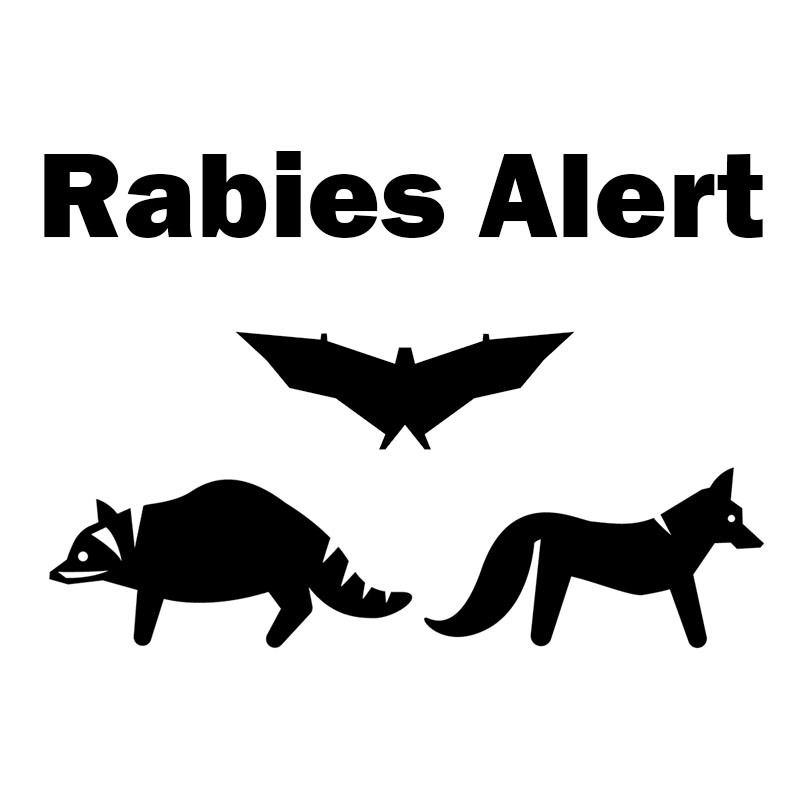
A bat found on the campus of Savannah State University in Chatham County has tested positive for rabies. The bat was discovered on the rear porch of the College of Business Administration building on the morning of February 18th. The bat was taken to a local veterinarian’s office and the Chatham County Health Department was notified. The bat then tested positive for rabies.
The Chatham County Health Department’s Environmental Health Office worked closely with Savannah State University administrators to identify and notify affected students. The Health Department is interviewing students who had contact with the bat to determine if they need post-exposure rabies vaccination. If they do, the students will be given information about how to access that treatment.
If anyone recalls handling a bat on or around February 18th, they should contact the Chatham County Health Department’s Environmental Health Office at 912-356-2160.
Rabies is a fatal disease. However, proper treatment can prevent humans from developing rabies even after exposure to an infected animal. Any student who had contact with the bat will be given information about the treatments needed to stay safe.
This is an important reminder to everyone in the community about the danger of interacting with wild animals. Several species of wild animals that are native to coastal Georgia – including raccoons, foxes, and bats – can carry rabies. Rabies can be spread to humans through bites, scratches, and other contact.
To protect yourself and your family from rabies:
- Avoid contact with animals you don’t know.
- Make sure your pets receive the proper immunizations. Dogs and cats should get rabies vaccines after 12 weeks of age, followed by a booster shot within one year and vaccination every 1-3 years depending on veterinary recommendation and vaccine used.
- Do not handle, feed, or unintentionally attract wild animals with open garbage cans or by leaving pet food out at night.
- Never adopt wild animals or bring them into your home. Do not try to nurse sick animals to health. Call animal control or a properly licensed animal rescue agency for assistance.
- Teach children to never handle unfamiliar animals, wild or domestic, even if they appear friendly. “Love your own, leave other animals alone” is a good principle for children to learn.
Symptoms of rabies in animals include a change in behavior, biting, aggression, showing no fear of natural enemies (such as humans), foaming at the mouth, and paralysis.
If an animal ever bites you, seek medical care immediately and contact Chatham County Animal Services at 912-652-6575 and the Chatham County Environmental Health office at 912-356-2160.
For more information about rabies, rabies vaccination, and post-exposure treatment, visit the website of the Centers for Disease Control and Prevention at cdc.gov/rabies/.




